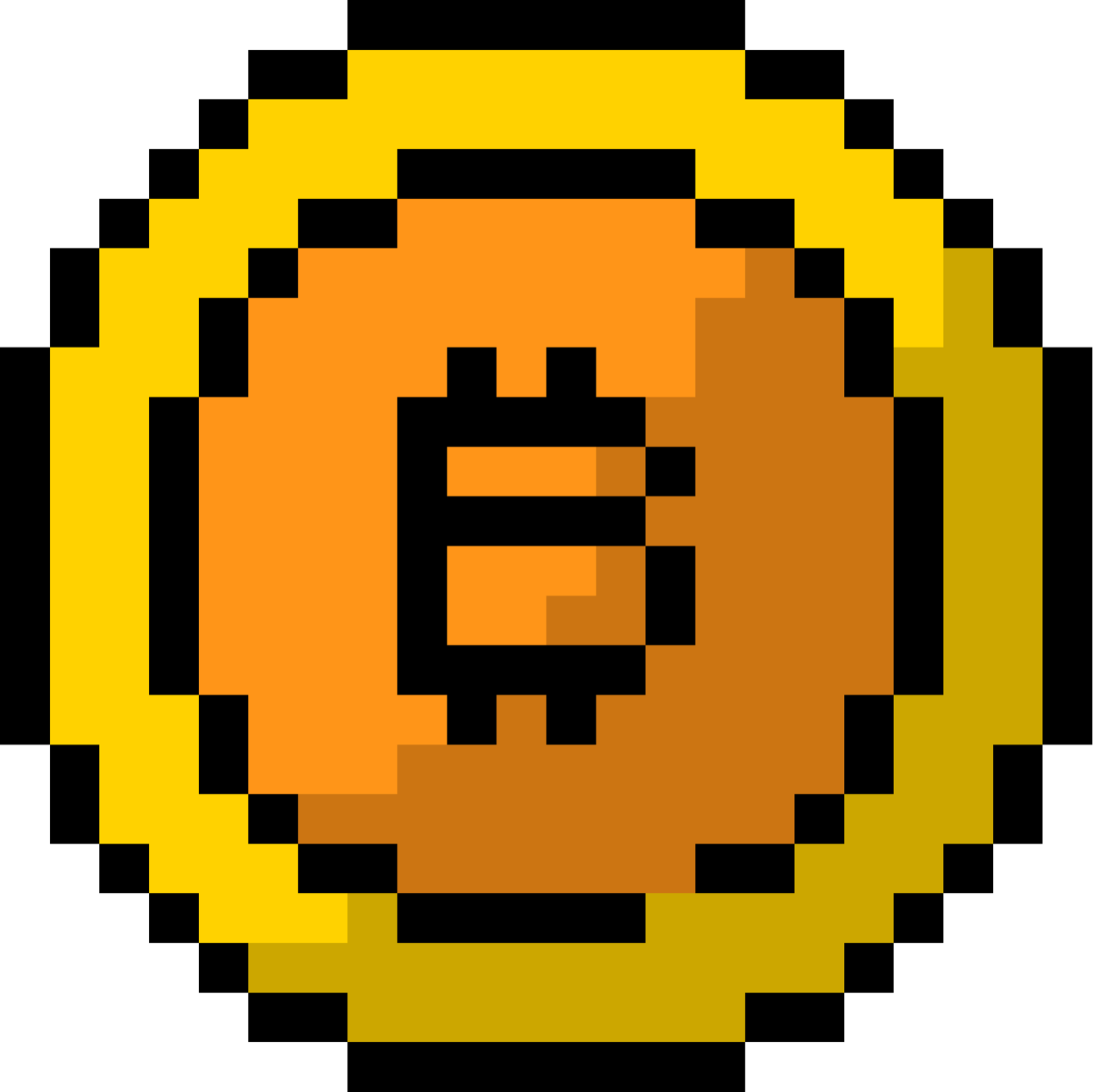167 reads
The Graph (GRT) SWOT Analysis: The State of the Leading Indexing Protocol for Blockchain Data
by
May 17th, 2023
Audio Presented by

Digital Asset Investor, Crypto Content Wizard, and Blockchain Architect solving problems & building kick-ass companies.
Story's Credibility



About Author
Digital Asset Investor, Crypto Content Wizard, and Blockchain Architect solving problems & building kick-ass companies.
